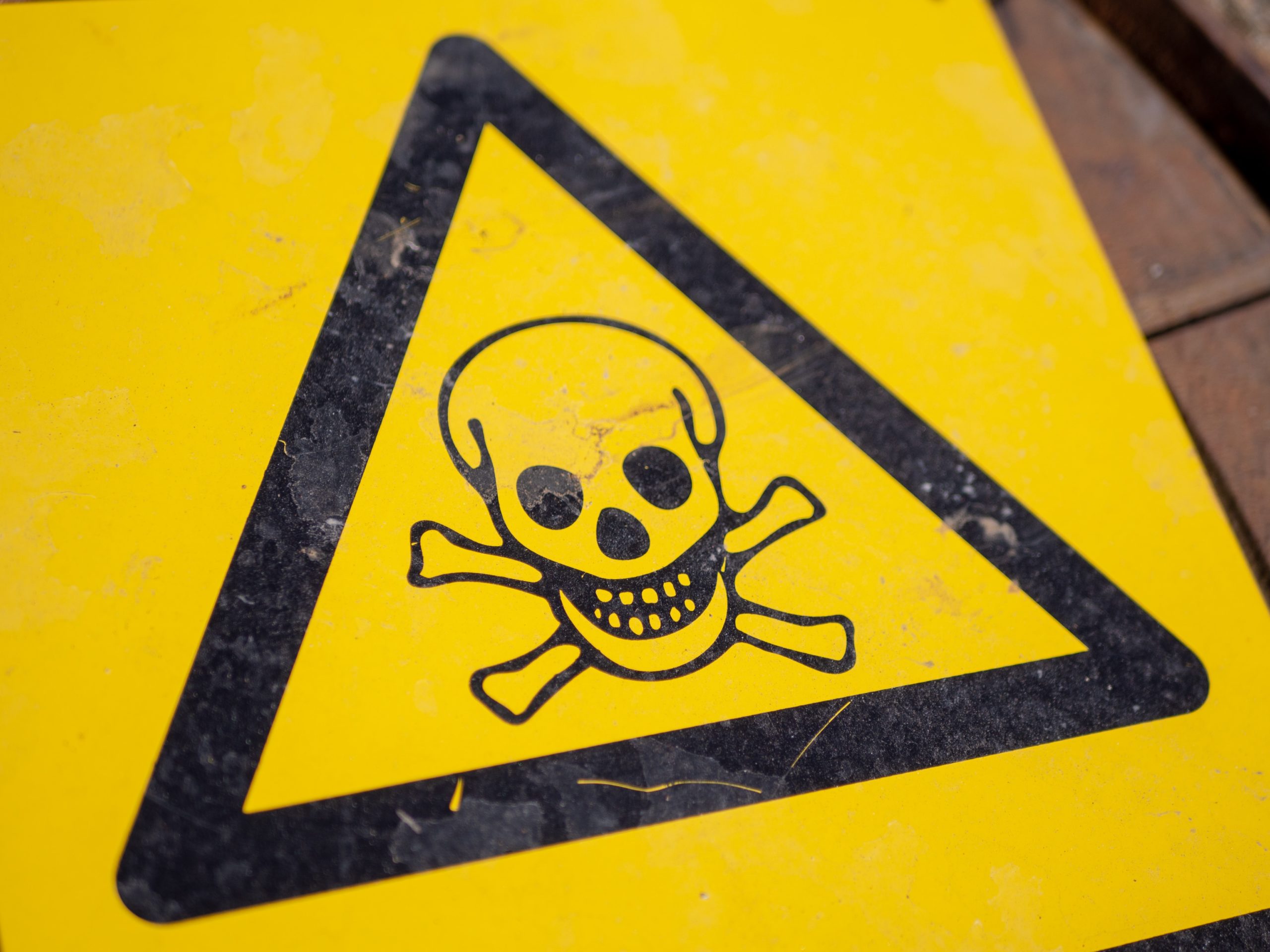DEFINING FRIENDSHIPS
I only have a few people I can call best friends. And, most live 1000s of miles away from me. Friends I would trust with the decision as to whether to pull the plug.

I have other friends. Friends that fall just millimeters below the ‘best friend’ status. Don’t get me wrong. They’re still true friends. And, I know they’d do most anything for me and I’d do the same for them. They’re as close to being a best friend as one can get.
Not every friendship though is completely jam-packed with the same level of complexity and depth as that of a best friend. (citation) Best friends are usually life-long friends. The kind you either talk to every day or the kind you can go months without talking to and pick up right where you left off.
Some friends are surface-level friends. The person you call friend, but never see outside of work or outside of your child’s ballet studio or soccer practice. Someone you can rely on for the carpool or to bring a snack. That’s ok, too.
Some friends are toxic. I’ve had some in my life. And, many people have, but may not have realized it. You may have a toxic friend now. It’s time to set up boundaries. But first you need to learn how to both evaluate a friendship and recognize whether it’s a toxic one. You need to know the consequences of staying in a toxic relationship with your friend.
TOXIC FRIENDSHIPS
A toxic friendship often involves emotional manipulation, criticism, and guilt-tripping. Healthy relationships can cycle through these behaviors, but there’s far more good than bad. The difference is that in a toxic friendship these behaviors make up the whole of the relationship. (citation)
Here are six questions to ask yourself about your friendship:
- Does the friendship include both give and take? No relationship is 100% equal or balanced at every moment. We all go through hard times and lean on each other when we need to. That said, do you feel that this person is there for you when you need them now, regardless of whether they were in the past?
- Are you competitive with each other? Friendships are intended to support you, not to be a battlefield of competition. We should be happy about each other’s accomplishments, but what often happens in unhealthy friendships is a battle of “one-upping” each other. This is not the nature of a healthy friendship, and jealousy towards someone is not ever supportive.
- Can your friend keep a secret? A healthy friendship is built on trust, and you should feel safe. If your friend is the gossip queen or king, be careful. You might enjoy their company, but having a good friend means being able to safely talk to them without the entire town finding out your business.
- Are you negatively bonding with them? We all occasionally speak negatively about someone or something that bothers us. When this becomes the norm and your way of connecting with your friend, though, it’s a problem. Not only is it very unhealthy, it also keeps you stuck in a negative cycle of toxic bonding.
- Do they bring out your unhealthy behaviors? Do you consistently end up meeting this friend to partake in unhealthy behaviors together? This is not a healthy friendship; it’s an enabling relationship for unhealthy habits.
- Can you have hard conversations about your feelings? If you can’t have hard conversations with your friend, who can you have them with? That’s how we work through challenges and overcome obstacles with one another. If you cannot have a healthy argument or disagreement with a friend, that’s a problem. (citation)

BLINKING NEON SIGNS
If you asked yourself these questions, but you’re still having difficulty…if you’re the type of person who needs a sign, here are 8 of them:
- They aren’t there to celebrate your success.
- They only care about themselves.
- They’re not interested in details of your life.
- They don’t share details of their lives with you.
- Your mother doesn’t like them.
- They criticize you but not constructively.
- They don’t prioritize you.
- They keep score. (citation)
And, if you need a blinking NEON sign here are 12 in-your-face-signs:
- They have crossed a major boundary for you, with no apologies.
- Instead of communicating that something is wrong, they make passive-aggressive comments.
- They are jealous of you/your other friendships.
- They insult you or are mean to you.
- They are passive aggressive toward you.
- They act jealous of you.
- You can’t seem to do anything right by them. (citation)
- You’re embarrassed by their behavior
- You make excuses for them.
- You feel used.
- You don’t know why you’re friends.
- You dread checking your phone. (citation)
TIME FOR CHANGE

Once you’ve identified the toxic relationship it’s time to make a decision whether you’re going to cut the person out of your life – which will be more complicated if it’s a parent, sibling, child, etc. or if you’re willing to affect some change. If you’re willing to affect some change here are three steps to do so:
1. Identify the emotions
“First of all, you need to be intuitive and aware of what’s going on for you. Separate yourself from the relationship and work out what you’re feeling. Identify the emotions and how the relationship triggers them.”
2. Establish your ground rules
“Take some time to work out what is reasonable for you, or what you’re prepared to accept in the relationship.”
“For example, to a friend who always makes you feel that you are never doing enough, work out what you think is reasonable, and become aware of the ways they make you feel inadequate. At these times, roll out a pre-prepared response, or just remind yourself that you are doing all you can and that that is good enough!”
“You may be able to work out your ‘ground rules’ by yourself, or you might need help from a supportive friend or therapist.”
3. Protect your boundaries
“After setting up what you will and won’t accept in the relationship, then you need to protect these boundaries.” (citation)
WHEN TOXIC BECOMES ABUSIVE
Lastly, there’s never an excuse for someone to be abusive toward you. If you’re friendship or other relationship has crossed over from being toxic to being abusive – including verbal, mental, and emotional abuse you can call the National Domestic Violence Hotline at 1-800-799-SAFE (7233) or chat with an advocate online on their website. .
These are all valid things to consider when evaluating friendships! Nice post!
Great post on how to deal with these toxic friendships, sometimes people dont know how to get out of the relationship.
I am fortunate that I do not attract unhealthy people for very long. Great tips on what to look out for!
Awesome article. Will show to my daughter who has a couple of toxic friends contributing to her anxiety.
Yeh definitely do not need negative draining friends! Reminds us to be a positive giving friend ourselves!
Fantastic post! This list and info can be applied to every relationship we have in our lives! Thank you for sharing your thoughts and advice!
I’ve had a few toxic friends through the years and I definitely noticed a positive change when I got rid of them.
I have best friends but they all live far away. I don’t really have close friends nearby. I have been thinking about that alot. I just haven’t found someone that I connect with besides my family or my friends from college.
LOL you dread seeing their number on your phone. That’s a dead give a way.
I have definitely had some toxic friendships in the past and I let them continue for way too long. If I could go back in time I would sever ties a lot quicker than I did.
I think I left my toxic friendships long ago. I only have less than a handful of friends that I would do anything for and know more about me than my sisters in certain respects. I enjoyed reading this very much!
Growing up I definitely have had my fair share that have come and gone from my life. I go through a lot of effort to keep toxic people out of my life. Unfortunately now some of those people are in my husband’s family so I have to go about it differently than just completely blocking them out of my life, but we’re making it work!
Such an important message. I think #4 and #5 are easy to overlook because it might be easier to reinforce those negative bonds rather than recognize and deal with the issues for your own self. Thanks for this insight!
I have some toxic family members I’d like to be rid of.
It’s always tough when you finally discover that a friend is toxic, but once you come to terms with it, you grow so much from the learning experience.
I think the hardest thing about being a mom is when you can see the toxic friends (or girl/boyfriends) that your kids have, and they can’t see it, so they think you’re just against them. Fortunately, they always come around, but it’s followed by a painful healing process.
These are valid points to consider when in a relationship. Thanks
So thankful I have been able to “see” which friends to shake from the inner circle – there isn’t time to deal with those that drain you, take from you and exhaust you. I want people around me who fix my crown, not try to knock it off.
I wish I would’ve had these lists when I was a little younger. It could’ve made deciding things about those toxic friendships much easier. However, I’m happy to see this list now! I will refer to it.
Your suggestions are spot on! I’m so done with these types of “friendships”. I’ve greatly pared down my relationships and feel so much freer for it!
I think we have all been in a toxic relationship at some point. Good to know the signs to look for.
Interestingly I’ve been able to avoid toxic friendships but I’ve been in two toxic marriages. I don’t exactly know how that happened but each time I learn and don’t want to repeat again.